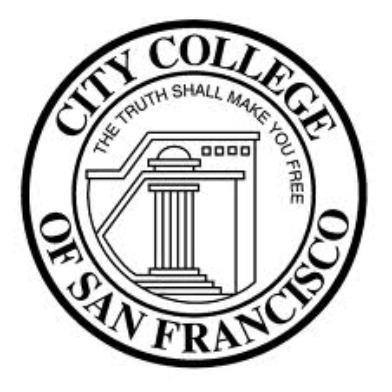
San Francisco’s city attorney today filed a lawsuit seeking to block a decision by a regional accrediting panel last month to revoke the accreditation of City College of San Francisco.
City Attorney Dennis Herrera filed the lawsuit against the Accrediting Commission for Community and Junior Colleges, arguing that the commission used illegal business practices to retaliate against City College for opposing the ACCJC’s political agenda.
The commission on July 3 decided to revoke City College’s accreditation at the end of July 2014.
The school remains accredited in the meantime, and is appealing the decision and working to address changes recommended by the commission, including to its governance structure and finances.
Herrera said the decision to revoke City College’s accreditation was made because the school’s mission of “open access” for underserved students is in opposition to the priorities of the ACCJC.
He said that in recent years, the commission had pressured City College to focus on a narrow group of students who were most likely to complete a degree.
Herrera said that approach would potentially have left behind “non-traditional learners” such as English-language learners, seniors, and disabled and disadvantaged students.
The commission “used the accreditation process as a hammer on City College to squelch their political opposition,” Herrera said.
“You can’t be an advocate and a judge at the same time,” he said.
Herrera said his office had been investigating the ACCJC for several months before he decided to file the lawsuit.
The complaint, filed in San Francisco Superior Court, argues that in its process of deciding to revoke City College’s accreditation, the commission ignored conflicts of interest, including having ACCJC president Barbara Beno’s husband on a team that evaluated the school.
A letter sent to the commission by the U.S. Department of Education last week echoed the concerns about the potential conflicts of interest in the ACCJC’s process of evaluating the school.
On Wednesday, state legislators approved a request for a state audit of the commission.
Herrera’s lawsuit asks a judge to vacate the decision against City College and to block the ACCJC from using similar practices in future evaluations of California’s 112 community colleges.
“Obviously City College has issues, there’s no doubt about it, but that doesn’t mean that an accrediting organization can try to fight a political battle,” he said.
Officials with the ACCJC did not immediately respond to a request for comment on the lawsuit this morning.
The city attorney filed a second legal challenge today alleging improper actions by the California Community Colleges Board of Governors, the agency tasked with overseeing the state’s community colleges.
The action alleges that the state board improperly delegated some of its responsibilities to the ACCJC for setting standards and determining colleges’ eligibility for public funding.
Herrera said the board “ceded its duties to a private entity wholly beyond the reach of public accountability.”
Dan McMenamin, Bay City News









